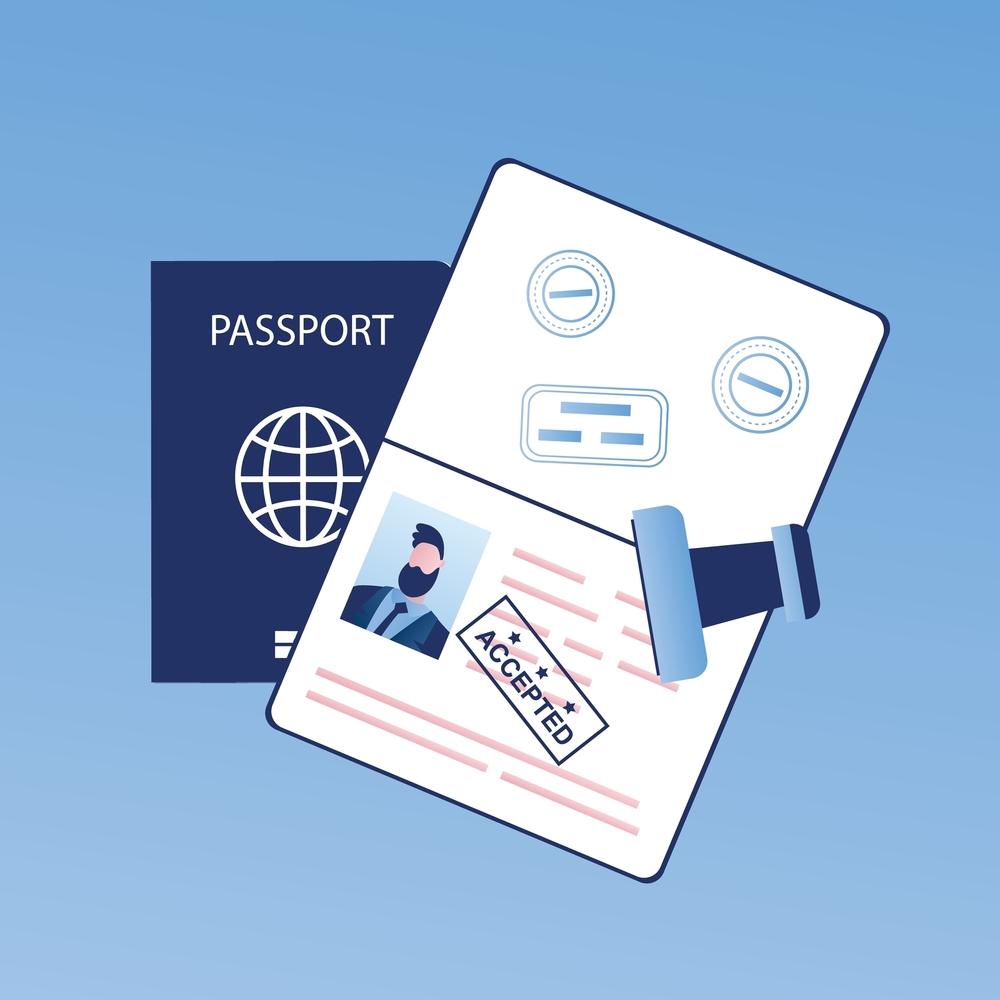Studying abroad is a dream for many, and choosing the right destination is crucial. Ireland and the UK are both popular choices for international students, offering prestigious universities, diverse academic programs, and vibrant cultures. However, the visa and immigration processes in these countries can vary significantly. This guide will compare the student visa processes for Ireland and the UK, examining visa types, application procedures, and post-study work visa options. We’ll also provide some practical advice on how to apply successfully for a student visa in each country.
1. Student Visa Types: Ireland vs. the UK
Both Ireland and the UK offer specific visa categories for international students, but there are some key differences.
Ireland:
- Visa Types:
- C Study Visa (Short-term): For courses that last less than 90 days.
- D Study Visa (Long-term): For courses that exceed 90 days, including undergraduate, postgraduate, and PhD programs.
- Eligibility:
- Must have an offer of a place on a full-time course from an accredited institution.
- English language proficiency proof, like IELTS or TOEFL, is typically required unless you meet other exemption criteria.
The UK:
- Visa Types:
- Student Visa: Replaces the former Tier 4 (General) visa. It’s for full-time students enrolled in courses that last over six months.
- Short-term Study Visa: For courses like English language programs that last up to 11 months.
- Eligibility:
- Must have a Confirmation of Acceptance for Studies (CAS) from a licensed sponsor (your chosen university).
- English proficiency (IELTS, TOEFL, or equivalent) is mandatory unless exempt.
2. Application Procedures
Understanding the application procedure can help you avoid delays or errors.
Ireland:
- Step 1: Acceptance Letter: Secure an acceptance letter from an accredited Irish university.
- Step 2: Gather Required Documents:
- Passport and recent photos.
- Proof of financial support.
- Proof of English proficiency.
- Tuition payment receipt or a scholarship confirmation.
- Step 3: Online Application: Apply online via the Irish Immigration Service Delivery website.
- Step 4: Submit Biometrics and Visa Fee: Submit biometric data at a local visa application center and pay the visa fee.
- Step 5: Attend an Interview: In some cases, you may be asked to attend an interview.
The UK:
- Step 1: Confirmation of Acceptance for Studies (CAS): Obtain a CAS from your UK university.
- Step 2: Gather Required Documents:
- Passport and recent photographs.
- CAS from your university.
- Proof of financial stability (bank statements, sponsorship letters).
- English language test results.
- Step 3: Apply Online: Complete your application on the UK Government’s Visa and Immigration website.
- Step 4: Pay the Immigration Health Surcharge: This fee grants access to the National Health Service (NHS) during your stay.
- Step 5: Biometric Appointment: Attend an appointment to provide your biometrics (fingerprints and photograph).
3. Post-Study Work Visas
Post-study work visas allow students to stay in the country after their course ends, gaining valuable work experience.
Ireland:
- Third Level Graduate Programme:
- Allows international students to stay in Ireland for up to 24 months after completing a bachelor’s, master’s, or PhD.
- Graduates are allowed to work full-time during this period and may apply for a General Employment Permit or Critical Skills Employment Permit afterward.
The UK:
- Graduate Route Visa:
- Allows international students to stay in the UK for up to 2 years (or 3 years for PhD graduates) after finishing their course.
- No need for a job offer at the time of application, and students can work in any job or start a business.
- After the Graduate Route, you may apply for longer-term work visas, like the Skilled Worker Visa, if you meet the requirements.
4. Tips for a Successful Student Visa Application
To maximize your chances of obtaining a student visa in Ireland or the UK, follow these essential tips:
- Start Early: Begin your application at least three to six months before your course starts to avoid delays.
- Ensure Accuracy: Ensure all information in your application is accurate and consistent. Any discrepancies could lead to delays or rejections.
- Prepare Financial Proof: Both countries require proof that you can support yourself financially during your studies. Ensure your bank statements are clear and cover the minimum amount required by immigration authorities.
- Check Document Requirements: Carefully check the list of required documents for your visa type and ensure they are up-to-date.
- Keep in Contact with Your University: Your university may offer assistance with visa applications or provide necessary documents like CAS (for the UK) or acceptance letters (for Ireland).
- Stay Informed About Changes: Visa policies can change, so regularly check the official immigration websites for any updates.
Conclusion
Both Ireland and the UK offer excellent opportunities for international students, but their visa requirements and post-study options differ in significant ways. Ireland provides a welcoming, straightforward process with generous post-study work permits, while the UK offers structured pathways with its Graduate Route Visa and access to the NHS. Whichever country you choose, ensure you stay well-prepared by following the right application steps and staying informed of policy updates.
By planning ahead and following the advice in this guide, you can set yourself up for a smooth visa application process and a successful study abroad experience.








